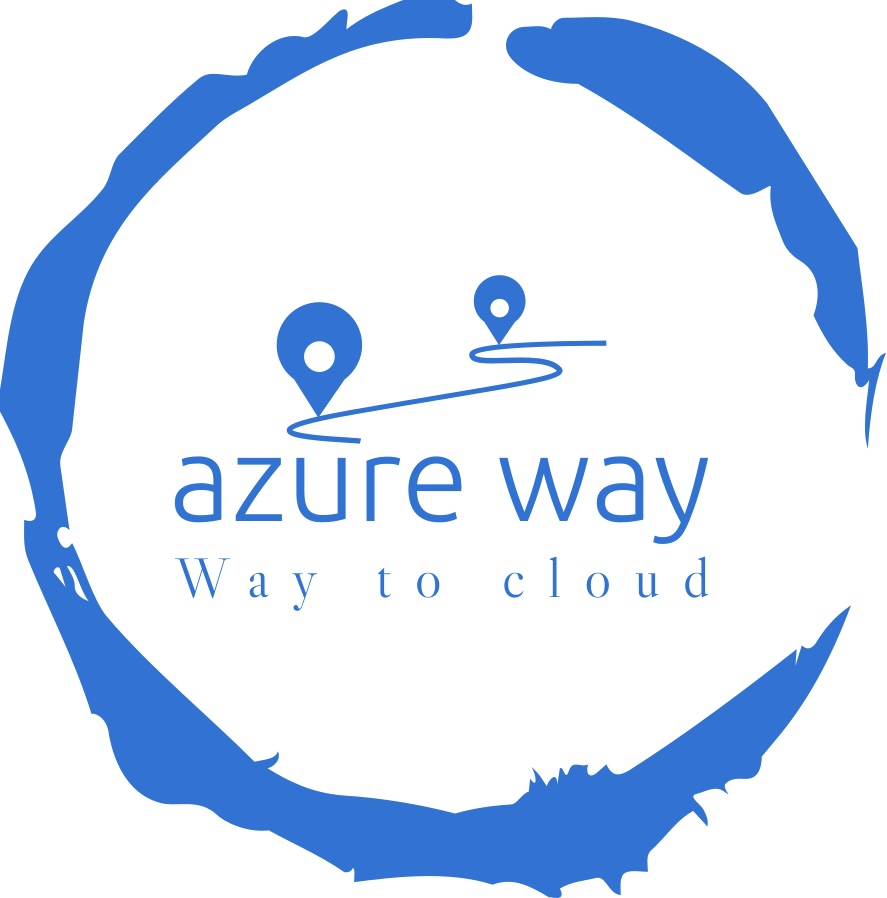Azure Container Apps – pricing will be discussed in this article, as a part of Azure Container Apps services. You may view all of the series’ articles here.
I will compare prices against the Azure App Service, but firstly let’s focus on the pricing tier in Azure Container Apps.
So we have two tiers: Consumption and Dedicated, look at the table below:
| Feature | Consumption | Dedicated |
|---|---|---|
| Free workload | Yes | No |
| Network Isolation | Yes | Yes |
| Scale to zero | Yes | Yes, $0.10 per hour |
| Secure outbound traffic | No | Yes |
| Dedicated hardware | No | Yes |
If you choose the Consumption plan, you will get free 180 000 vCPU-seconds, 360 000 GiB-seconds and 2 million requests per month. This amount is granted per subscription. Pricing assumptions:
- Always on – turn on. In the Container Apps, the minimal number of replicas must be set to 1.
- System – Linux.
- No reservation.
- Application run from image.
| App Service | Price | Container Apps | Price |
|---|---|---|---|
| S1 (1 core, 1.75 GB RAM) | $69.35 | Consumption (1 vCPU, 2 GiB RAM) 2 million requests, 200 concurrent, 1 sec per request | $23.65 |
| P1V2 (1 core, 3.5 GB RAM) | $83.95 | Consumption (1 vCPU, 4 GiB RAM) 5 million requests, 200 concurrent, 1 sec per request | $40.62 |
| P2V3 (4 cores, 16 GB RAM) | $259.88 | Dedicated (4 vCPU, 16 GiB RAM) | $224.91 |
As you can see, all situations are less expensive in Container Apps than in App Service. Sure, there will be times when the App Service is preferable, but whether I need to host a Rest API, a job, or integrate with a queue, Container Apps will be my first choice. Why? Because I can scale up to 300 instances of the service at a lower cost. In terms of scalability, App Service can only scale to 30 instances, therefore the difference is enormous! Scalability will be discussed in depth in an upcoming piece.
I sincerely hope you enjoyed it, and if so, I’d appreciate a Like or Comment on my LinkedIn profile.
Here you can find all the articles from the series.
